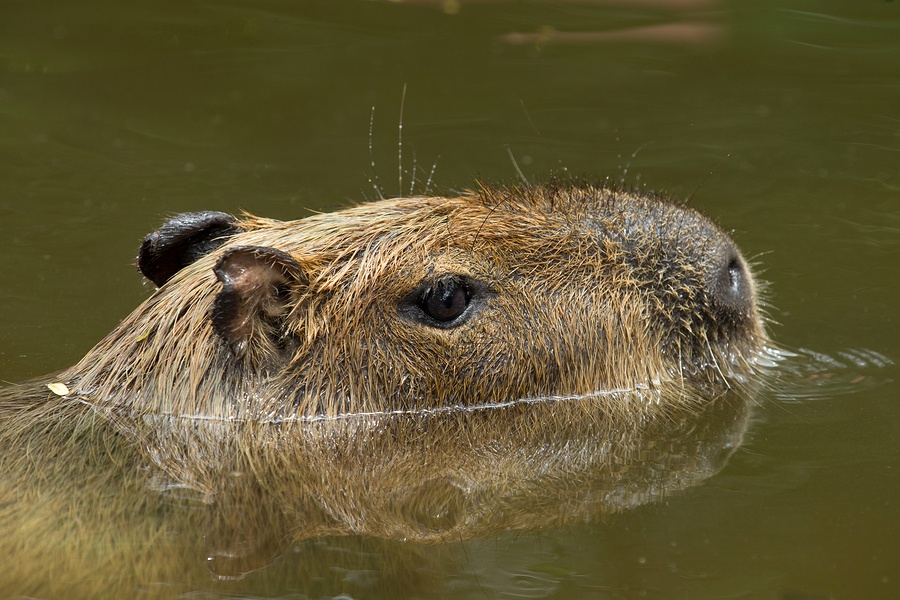Table of Contents
As with most exotic animals with oddly good natures, capybaras has been carried into the world of house pet trade and has been domesticated for quite some time. However, just because they’re now being kept as companion animals don’t necessarily means it’s a good idea for everyone.
Different animals have different needs, and domesticating them means providing them their needs to live a healthy and happy life. Here are some of the most important factors to consider when yo’re thinking of getting capybaras as pets.
Know their Specific Habitat Needs
Capybaras are semi-aquatic house pet, which mean they need constant access to water source, and even mud. They stay in mud to cool down and protect their body from sunburn, and they love to swim and they usually favor to defecate in the water. You can of course, train them to defecate in dry pans. Also, they’re pretty active and love to run around. This means you need to provide them enough outdoor space to roam around and swim.
Controlling Aggression and Biting
Socialization is important for a capybaras life. In the wild, capybaras live in a large herd of 10 to 20 individuals. They can also merge with other groups and make a larger herd. Thus, when adapting capybaras, breeder suggest to get at least two, whether it’s of the same sex or a female-male pair.
Also, this animal is highly amenable to human interaction, they can be very affectionate, which is also one of the reasons why they’re getting more and more popular as pets and for zoos.
They Learn Easily and Highly Trainable
This animal is highly intelligent; they can learn fast, making them highly trainable. They can distinguish what is behavior is not acceptable and the bad things not to do. Those with “inside” privilege but didn’t get consistent discipline and gentle correction will chew on your sofa, carpet and various household items.
When training, they need loving praise for things done correctly. As with other animals, repetition is key for their training. Also, it’s extremely important to be patient and always maintain two-way communication channel to keep them from being stressed. They can learn their names and can develop good manners, but then again, you should understand that they can grow too large as an indoor pet.
House Training Your Capybaras
Many people refute the idea that capybaras trainable. However, many real owners have also shown how trained and well-mannered their capybaras are. They’re usually happy to oblige instructions, and like training dogs, you need to be patient and consistent in training capybaras.
For their potty training, you can provide both dry and wet litter trays to minimize water defecation.
Controlling Aggression and Biting
This animal can definitely bite, which is their primary form of self-defense. And with those two large front teeth, their bite can hurt. When handling this animal, never grab them quickly, as they may interpret that action as a threat. You must spend time with them regularly to gain their trust.
They may also have very distinct personalities, some can be timid, and some are happy and enthusiastic, while some may seem just uninterested. Overall though, they’re pretty gentle animals and don’t get easily provoked.






 Author and long-time animal lover. Sharing knowledge on pet care through experience and the written word.
Author and long-time animal lover. Sharing knowledge on pet care through experience and the written word.